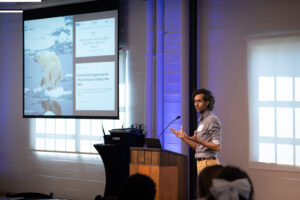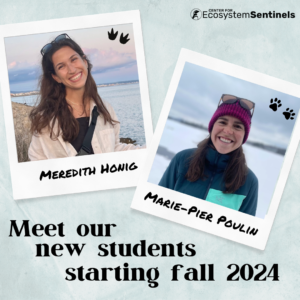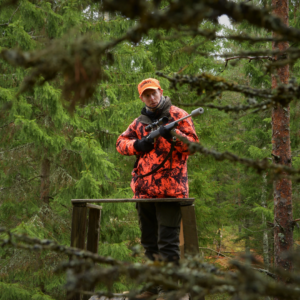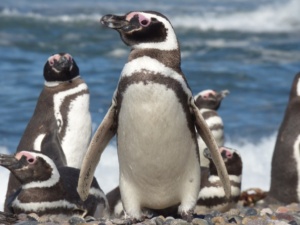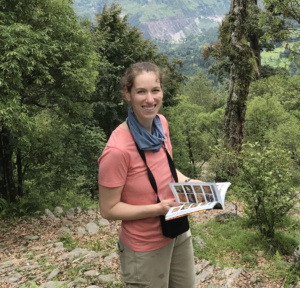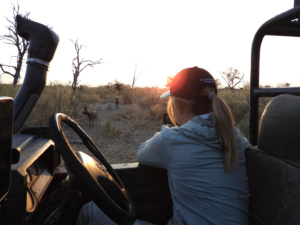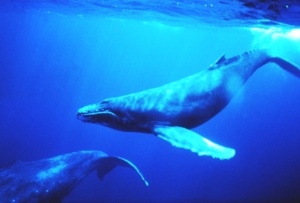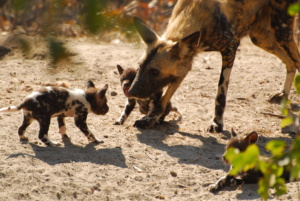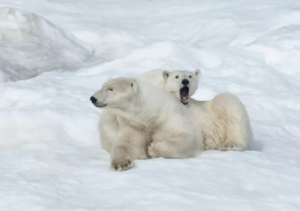WRF Symposium
Dr. Kasim Rafiq recently presented his work on using animal-worn sensors to understand the impacts of environmental change on African wild dogs and lions at the Washington Research Foundation Symposium, who fund his position at the university. As part of this work, over the past two years, Kasim, Leigh West, and Dr. Briana Abrahms developed and deployed fitness trackers for […]
